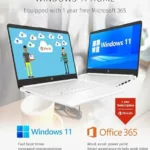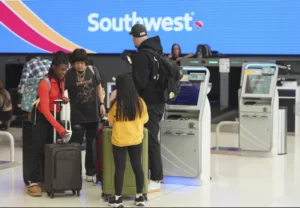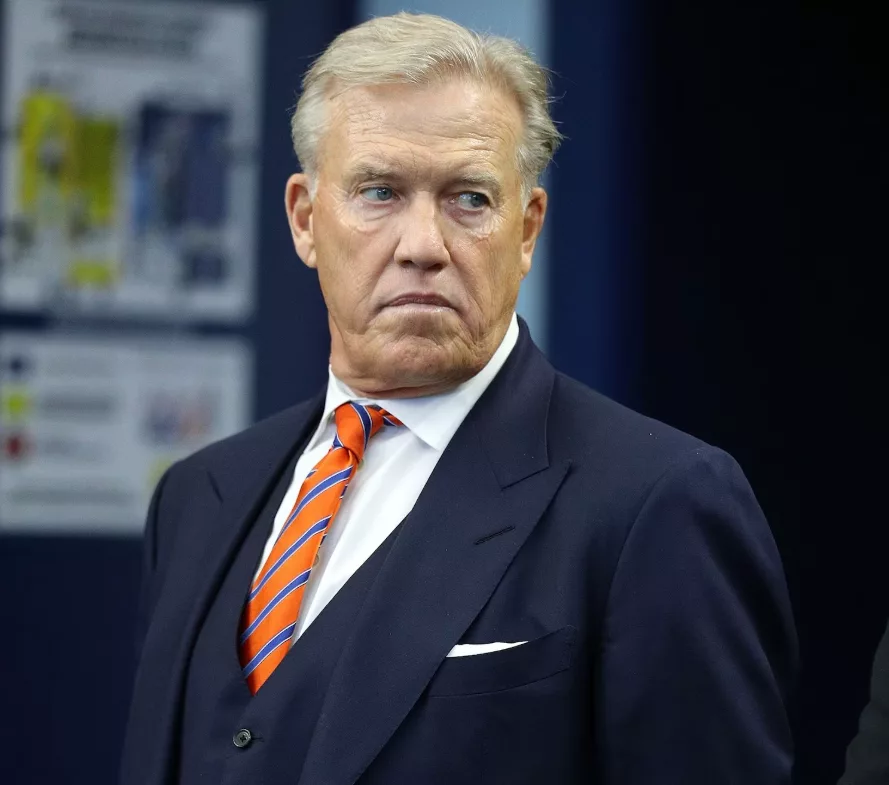Southwest Airlines is making a significant shift in its baggage policy. The airline, long known for allowing passengers to check up to two bags for free, will now introduce baggage fees. This decision ends a decades-old tradition that set Southwest apart from its competitors.
Who Will Be Affected?
Starting with flights booked on or after May 28, only certain passengers will still be eligible for free checked baggage. These include:
- Rapid Rewards A-List Preferred Members (two free checked bags)
- Business Select Fare Customers (two free checked bags)
- A-List Members and Other Select Customers (one free checked bag)
- Rapid Rewards Credit Card Holders (credit for one checked bag)
All other travelers will need to pay a fee to check their bags. The airline has yet to disclose the exact pricing structure.
Why Is Southwest Making This Change?
CEO Bob Jordan explained that the move is part of a strategy to attract new customer segments and improve profitability. “We have a significant opportunity to address both current and future customer needs, attract new market segments we haven’t yet reached, and restore our profitability to previous levels that both we and our shareholders expect,” he said.
Financial and Strategic Reasons
Southwest has faced financial struggles in recent years and is under pressure from activist investors to improve its revenue. In October, the airline reached an agreement with hedge fund Elliott Investment Management to avoid a proxy battle, granting Elliott seats on the company’s board.
Last month, Southwest announced its first major layoffs in 53 years, cutting 1,750 corporate jobs to create a “leaner, faster, and more agile organization.” The stock responded positively, jumping 9% on Tuesday.
How Much Revenue Will Southwest Gain?
Previously, Southwest executives viewed the free baggage policy as a competitive advantage. However, Wall Street analysts have long argued that the airline was leaving money on the table.
In a September 2023 estimate, Southwest projected that baggage fees could generate $1.5 billion annually. However, they also anticipated a $1.8 billion loss in revenue from customers who chose Southwest specifically for its generous baggage allowance.
Other Recent Changes at Southwest
The introduction of checked baggage fees follows another major policy shift: assigned seating. For over 50 years, Southwest used an open-seating model, but it plans to roll out assigned seats next year.
Additionally, Southwest announced it will introduce:
- Basic fares for lower-cost tickets
- Extra legroom seating for an additional charge
- Red-eye flights to expand travel options
What This Means for Travelers
For frequent Southwest flyers who rely on free checked bags, here are some options to maintain benefits:
- Join Rapid Rewards A-List to earn free checked bags
- Book Business Select fares for baggage perks
- Apply for a Southwest Airlines Credit Card to receive a baggage credit
Passengers who don’t qualify will need to budget for potential baggage fees.
Industry Reactions and Competitive Landscape
Southwest’s competitors see an opportunity to attract its baggage-conscious customers. Delta Airlines President Glen Hauenstein remarked, “It’s evident that some customers selected them for that reason, and now those customers are back in play.”
Economic Pressures on the Airline Industry
The airline industry is facing turbulence due to economic uncertainty and shifting consumer behavior.
- Delta Airlines recently lowered its earnings and revenue forecasts, citing weaker domestic demand.
- Stock prices for major airlines have declined:
- Delta: down 24% this year
- United: down 22%
- JetBlue: down 27%
- American Airlines: down 32%
Southwest also adjusted its revenue expectations, predicting a 2-4% increase in revenue per available seat mile, down from its previous 5-7% projection.
Final Thoughts
Southwest Airlines is evolving its business model to balance revenue growth and customer retention. While baggage fees may disappoint longtime loyalists, they align Southwest with industry norms. Whether these changes will ultimately help or hurt the airline remains to be seen.
Reference
















